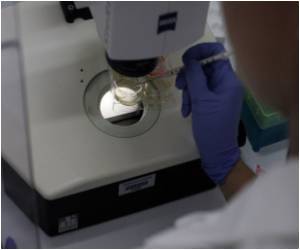A 'weak link' in the immune system was confirmed by Australian scientists.

But little was known about how these kinds of infection-driven autoimmunity occurred or why the body was unable to prevent them.
Tyani Chan and Robert Brink from Sydney's Garvan Institute of Medical Research studied mice to investigate what could prompt an infection-driven autoimmune attack.
They were focused on the antibody-creating B cells that play a crucial role in the body's response to disease.
When the body is fending off an infection, B cells can mutate their antibody genes randomly until they produce one that 'sticks' to the invading antigen.
This process occurs within specialised environments in the lymph system known as 'germinal centres'.
Advertisement
But when target antigen is located only in a tissue or organ remote from the germinal centre, B cells capable of reacting against both antigen and 'self' are able to escape the germinal centre and produce autoantibodies.
Advertisement
"Our finding explains a lot about how autoimmune conditions that target particular organs such as the heart or nervous system could develop after an infection.
"It also suggests that if you know enough about the disease and the molecular messaging systems involved, it may be possible in future to modulate the germinal centre response," he added.
The study has been published in the prestigious international journal Immunity.
Source-ANI















